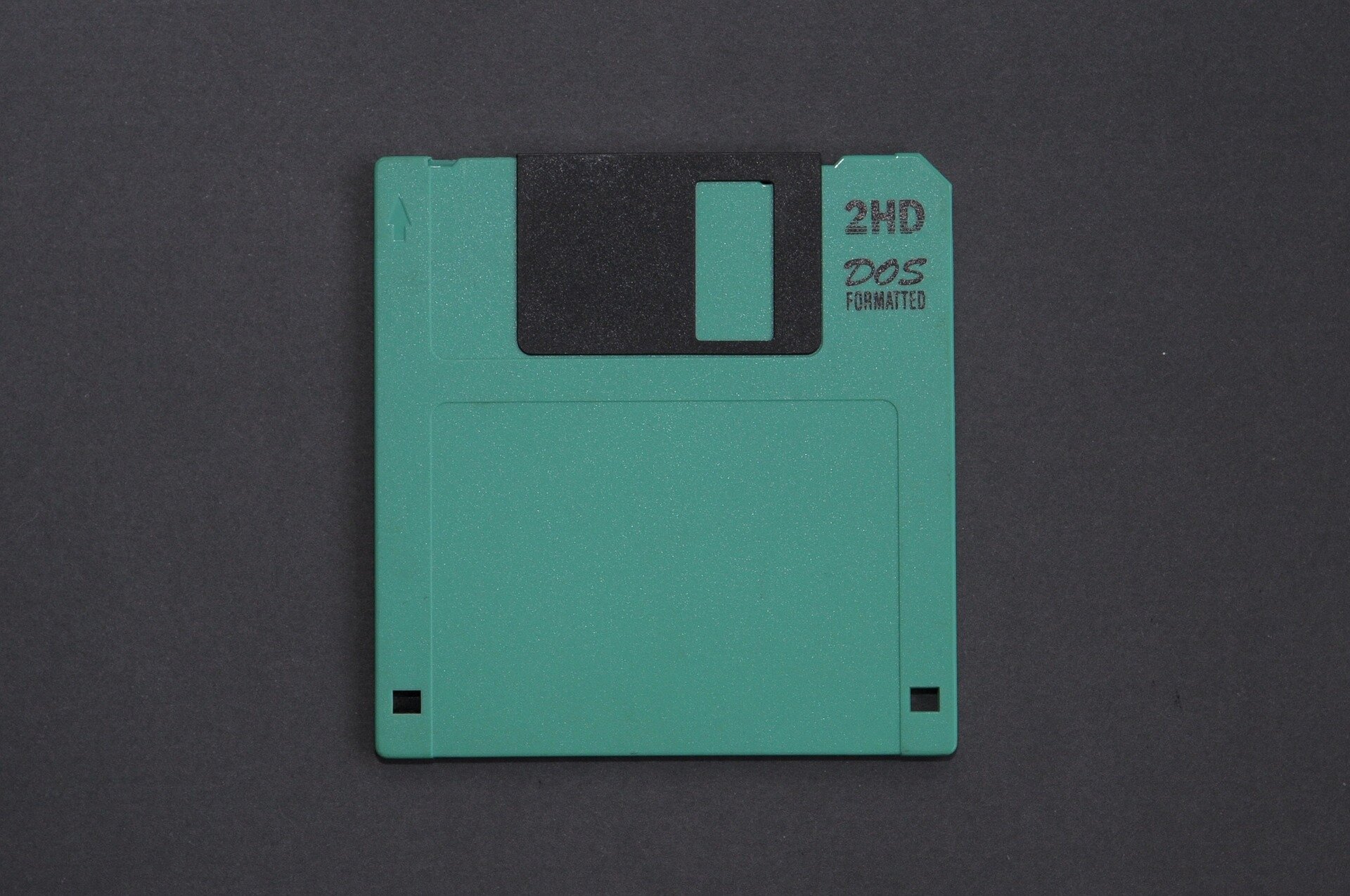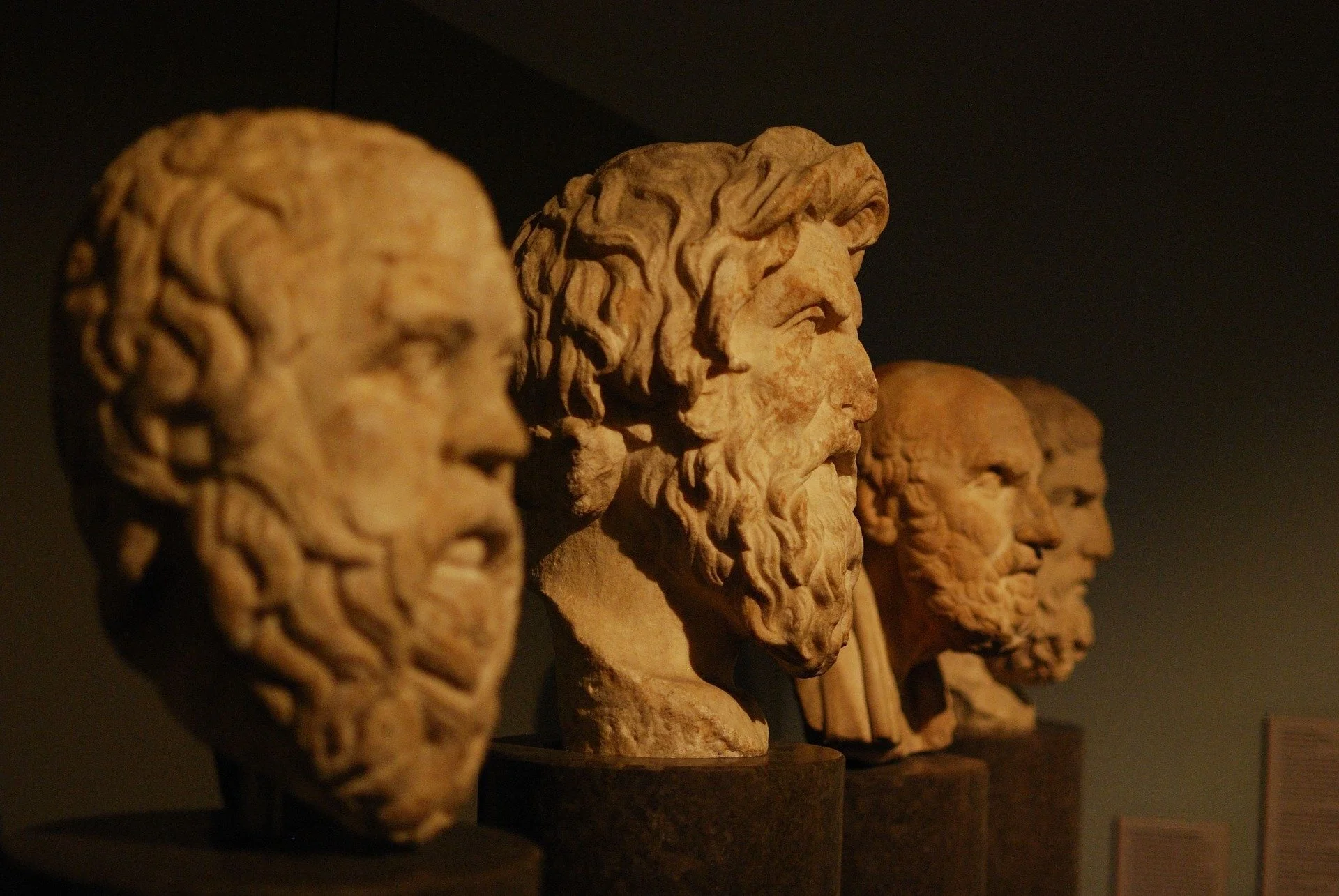Dentistry and Philosophy: My First Cavity
After 42 years on this Earth, I have finally had—horror of horrors—my first cavity. Not only did this result in my first cavity filling, but also in my first root canal and my first dental crown on my top-left back molar—tooth number 15, according to my dentist, a subtle example of the Aristotelian drive toward classification in every science—my tooth being in pain for a couple of months has given me some time to reflect on some of the connections between dentistry and philosophy.
Epistemology and Dentistry: Practical Knowledge in Applied Sciences
17th-century British Empiricist philosopher David Hume was a skeptic about scientific knowledge because he claimed that we never see the causal link—the connexion—between so-called causes and effects. Since all scientific knowledge, according to Hume, is related to our understanding of the logical link between causes and their effects, Hume famously held that there is no scientific knowledge, in the sense of understanding necessary causal relations.
Hume’s skepticism about scientific knowledge flies in the face of the vast success of applied sciences with the iterative development of pragmatic knowledge and techniques. While sitting in the dentist chair for no fewer than eight hours over multiple days in response to my first cavity and the dental procedures that follow, I was impressed by the vast storehouse of dental knowledge and techniques that have been accumulated in modern dentistry—from the practical chemistry involved in composite fillings and dental cement, to the neurology of anesthetics, to the complexity of a modern root canal procedure.
It strikes me that Hume’s skepticism about scientific knowledge is radically unjustified in light of this highly pragmatic knowledge, even if Hume is correct that we never get beyond probabilistic understanding of the laws of nature and causation that bind a cause to its likely effect, particularly while stuck in the dental chair with my own tooth at the mercy of that very scientific understanding about which Hume was so pessimistic.
Iteration and Professional Pride
My recent root canal and dental crown being my first major dental procedure, I was also struck by the feeling of helplessness accompanying my hours in the dental chair, with my own precious tooth’s future health and my own degree of future pain or lack thereof placed entirely in the hands of the dentist, dental hygienists, and dental assistants in whose care I so willingly put myself to end the pain and fix the problem.
I was struck not only by the professionalism of the dental practitioners during my recent dental procedure, but also by the combination of confidence and compassion they displayed. My first cavity was an odd one indeed, at an odd location along the gum line at a weird angle on the back of my top-left back molar. Although the cavity presented a puzzle to the dentist who initially filled my cavity, calling it the strangest cavity he had ever seen, he knew what iterative steps could be taken, in increasing severity, to fix the tooth—starting with a filling, progressing to a root canal, and ultimately to extraction if necessary. The pressure to succeed was on when my mouth was open and they had drilled a portion of my tooth away, but calmly and methodically, step-by-step, the dentist worked away until he was able to get a filling completed that he was happy with—meeting his own level of professional pride and quality control.
The same was true of the subsequent root canal. The dentist encountered some practical issues while completing my root canal due to the oddities of my particular tooth, and yet he slowly and methodically worked away until he was confident that the root canal was completed properly and to his own satisfaction. When the root canal was completed and it was time for the dental crown, the dentist was so thorough that he ended up doing two different crown attempts because he wasn’t fully satisfied with the placement of the first crown, necessitating that he begin the laborious procedure of removing the first crown, fully confident that he could do a better job on the next attempt taking into account what he learned from the first.
Bedside Manner: Care, Compassion, and Confidence
Given that you are pretty much entirely in the hands of the dentist and dental practitioners during a major dental procedure, it’s important for the dental staff to possess the interpersonal virtues of care and compassion toward their patients. After four and a half hours in the dental chair for my complicated root canal and dental crown procedure, I was growing fatigued and weary of holding still in the dental chair trying my best to ignore the ruckus going on within my own mouth. The dentist and dental practitioners working in tandem likewise did everything they could to make me feel comfortable and cared for, checking in frequently to make sure I was doing okay in light of the necessary steps remaining to complete the procedure.
Although bedside manner is a necessary component of medical care in general, from Hippocrates’s time to today, bedside manner actual helps the epistemological perception of the degree of knowledge and confidence of the practitioners completing the procedures in question: If the practitioners make the patients feel confident, the patients are confident that the practitioners know their stuff and that they are in good hands.
Stoicism and Mortality: A Dental Memento Mori
We are all mortal. This is an inescapable fact of our human reality, a brute force aspect of nature and the cosmos that many of us try to ignore and distract ourselves from in our day-to-day lives. Dentistry, however, forces the issue. With my mouth wide open, I could hear, taste, and smell a tiny piece of my own body, my once-pristine and immaculate tooth, being turned to literal dust at the hand of the dentist with his merciless and inescapable drill. It is only a slight understatement to say that I already have one foot in the grave because I’ve had my first dental cavity. I did, however, tell the dentist to do such a good job that when future archaeologists dig up my skeleton in a couple of thousand years they marvel at how good of a job was done on my tooth!
Although my tooth didn’t (yet) need to be extracted, I told myself that I would ask the dentist if I could keep my tooth if an extraction was necessary as a type of dental memento mori—a reminder of one’s mortality. A traditional memento mori, often seen in paintings or described in literature, is a human skull placed visibly on one’s desk. Although humans skulls are not as easy to procure as they once might have been in less so-called civilized times, I figured that I could accomplish much the same thing with my own extracted tooth placed neatly on my desk in a little clear glass or plastic container, to keep me humble and remind me of my own eventual demise—despite our human denial and hubris, struggling in vain against our own mortality to give our lives meaning in light of the absurdity of our human life and the inevitability of our death.
The ancient Stoic philosophers, such as Epictetus, Seneca, and Marcus Aurelius viewed death and decay as fundamental aspects of the cosmos. Thus to live in harmony with the cosmos or with nature was to embrace the finitude, temporality, decay, and death inherent not just to human life but in the natural world and in the entire cosmos as well. By spending time reflecting on one’s own death, one can learn to live fully in the moment—with purpose, conviction, fortitude, and in harmony with one’s own nature and with the cosmos as a whole. And if decay is a undeniable aspect of the cosmos and the natural order of things, this principle is seen in dentistry as well as anywhere, given that decay is a fundamental aspect of dentistry’s raison d'être—its entire reason for being.
Do we live in greater harmony with the cosmos because of dental decay and dentistry in general? Dentistry may eliminate the pain associated with the decay of our bodies, but it also gives us countless dental mementos mori, reminders of our mortality in the form of every dental filling, crown, or extracted tooth, not placed on a desk like the skulls of old but within our own mouths and bodies, conspicuously present with every bite when we enjoy even the finest of meals—lest the fineness of our food distract us from the fact that our meals themselves are merely the decaying flesh of animals or vegetables, as Marcus Aurelius said in his Meditations:
Keep these thoughts for meats and eatables: This that is before me is the dead carcase of a fish, a fowl, a hog. This Falernian is but a little grape juice. Think of your purple robes as sheep's wool stained in the blood of a shell-fish. Such conceptions, which touch reality so near, and set forth the sum and substance of these objects, are powerful indeed to display to us their despicable value. In this spirit we should act throughout life; and when things of great apparent worth present themselves, we should strip them naked, view their meanness, and cast aside the glowing description which makes them seem so glorious. (Marcus Aurelius, Meditations, Book VI, No. 13)
So take Marcus Aurelius’s advice and embrace your own mortality, not fight against it, even as you pursue the much-needed pain relief through the endurance test of the dentist’s chair and drill. Hold on to your extracted teeth as merit badges of life, and immerse yourself in your own mortality with every biting sting of dental pain and with every beautifully molded piece of porcelain you carry within your mouth. In this way, the dental mirror becomes a mirror for ourselves. Don’t let dentistry, or your dental woes and your victory over them, keep you in denial of your own mortality; let them serve as a reminders of it—to reinvigorate your own sense of purpose in this all-too-short human life, your place within and your own humble corner of the decaying cosmos all around you.







